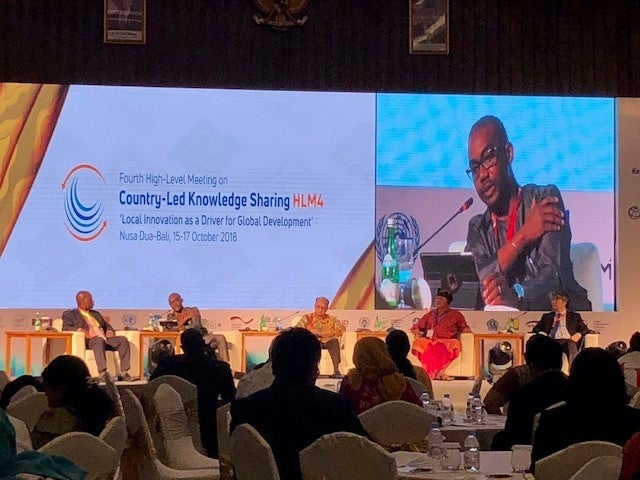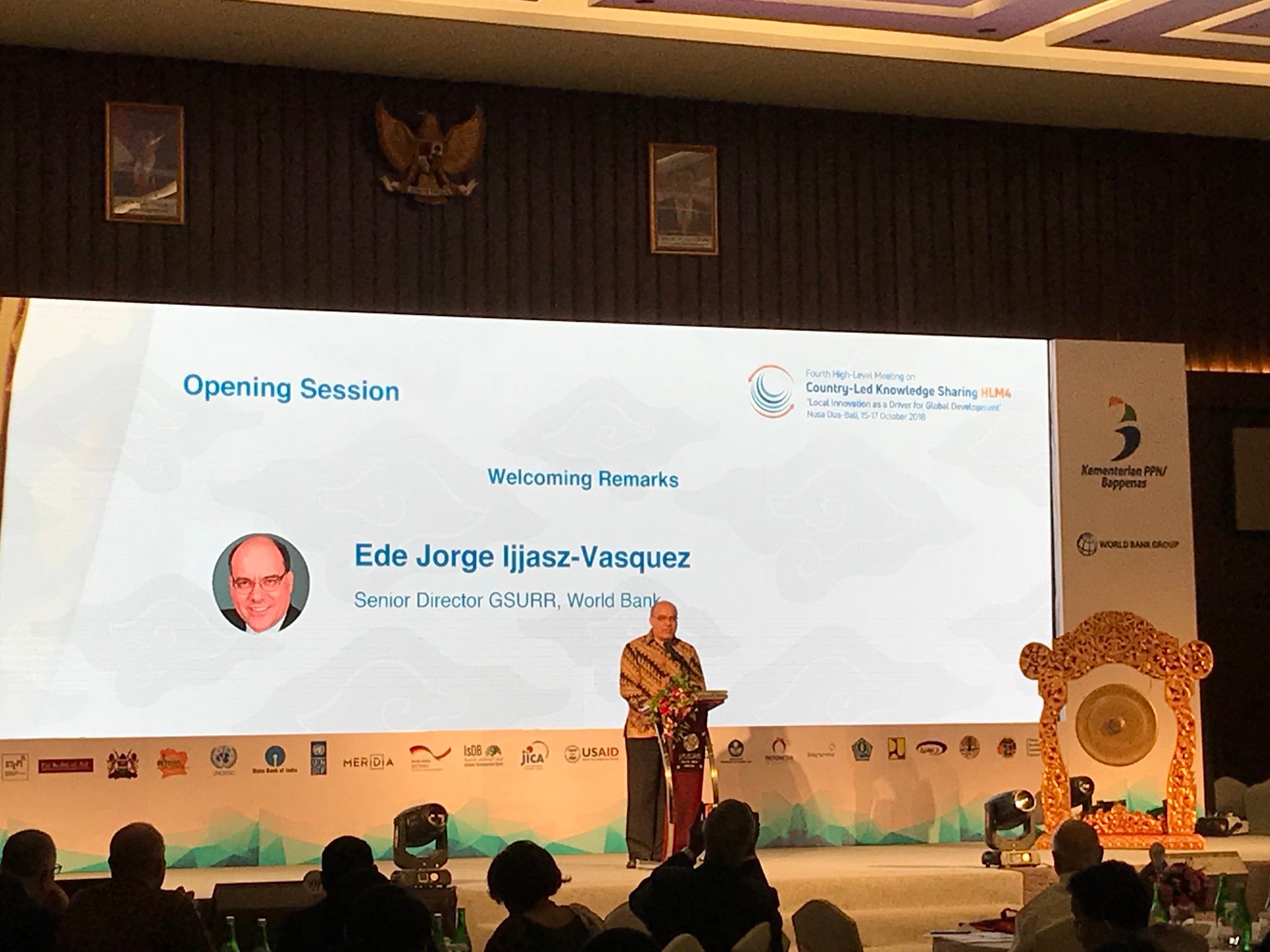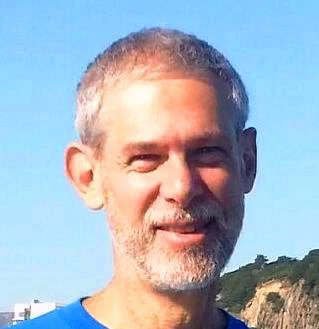Another year has passed, and we are only 11 years away from the goalpost of the 2030 Agenda for Sustainable Development (Agenda 2030). It is high time to reflect a bit on where we are today on knowledge sharing for achieving the Sustainable Development Goals (SDGs).
In the past few years, knowledge sharing has moved to the center of global development as a third pillar complementing financial and technical assistance. Agenda 2030 calls for enhancing “knowledge sharing on mutually agreed terms,” while the Addis Ababa Action Agenda on Financing for Development encourages knowledge sharing in sectors contributing to the achievement of the SDGs.
For cities, this means that knowledge sharing can be a critical catalyst for achieving SDG11 to “make cities and human settlements inclusive, safe, resilient, and sustainable.”
Throughout 2018, we saw several important peer learning initiatives on sustainable cities, such as the World Bank’s Tokyo Development Learning Center Technical Deep Dives in Japan and the recent Medellin Living Lab, which brought together 10 cities from across the world to learn about approaches to urban transformation.
These exchanges build on the recognition that development practitioners increasingly want to learn from each other. Practitioner exchanges are particularly effective for sharing “how-to” knowledge about solutions – often tested and shared by external experts – as these “tips and tricks” tend not to be codified or recorded in written descriptions and case studies.
So, with all these activities, where do we stand today?
Strengthening developing countries’ capacity for knowledge sharing has become ever more critical to achieving the SDGs. Local service delivery institutions, such as transit agencies, disaster risk management agencies, and health ministries, are vital as key contributors of tested, successful solutions and proven good practices in all areas of the SDGs. These solutions and innovations are often local, and they need to be identified, captured, and shared for national and international scale-up, especially in the context of South-South and Triangular Cooperation between and among developing countries.
[Download report: The Art of Knowledge Exchange: A Results-Focused Planning Guide for Development Practitioners in the Social, Urban, Land and Resilience Sectors]

At the 4th High-level Meeting on Country-Led Knowledge Sharing (HLM4), held in Bali, Indonesia in October 2018, participants in the opening panel session on “Knowledge Sharing to Achieve the SDGs” confirmed the importance of knowledge sharing as a key contributing factor to achieving the SDGs.
Indonesia’s Minister of Villages Pak Eko Putro Sandjojo noted that his ministry makes strategic use of large-scale knowledge sharing to increase the quality and diversity of investments, for example, to encourage financing of human capital development by documenting successful investment examples and facilitating peer learning at the district level.
He is not alone in underlining the critical link between knowledge sharing and development. Abul Maal Abdul Muhith, former Finance Minister of Bangladesh, added that “the successful examples that lead to tangible results need to be documented, ideally in writing and through video.”
We agree with him. All too often, valuable tacit knowledge gets lost, as experiences are not captured in time. Public officials and city managers across the world reinvent the wheel instead of benefiting from practical solutions their peers have developed. It is this know-how that needs to be harvested and shared in systematic ways. And often, this knowledge is local.

Through the World Bank’s Organizational Knowledge Sharing (OKS) program, we are offering a range of practical knowledge sharing tools and approaches that country institutions can strategically use on their pathways to accelerating progress toward achieving the SDGs.
[Download publication: Becoming a Knowledge Sharing Organization: A Handbook for Scaling Up Solutions through Knowledge Capturing and Sharing]
Investing in both the organizational enabling environment and technical skills can foster the sharing of experiences and lessons learned on critical development processes. It can also make organizations more resilient and effective internally, foster the scaling up of good practice domestically, and inspire adaptation and replication of successful experiences internationally.
As one government official shared at HLM4, “we’ve come quite far with using knowledge sharing more purposefully in our organizational processes… we have started to invest time and resources in weekly peer learning sessions that help us take the learning from practical policy implementation to support our decision making.” More informed decisions lead to better outcomes. If many national and subnational government institutions follow this example, it will take us closer to achieving Agenda 2030.
Let’s make 2019 the year that gets us to a breakthrough on how cities and organizations across the world document and share what works to achieve inclusive, resilient, and sustainable communities.
This blog post is part of the World Bank’s “Knowledge Sharing for Sustainable Development” series.
RELATED
- Subscribe to our Sustainable Communities newsletter
- Follow @WBG_Cities on Twitter





Join the Conversation